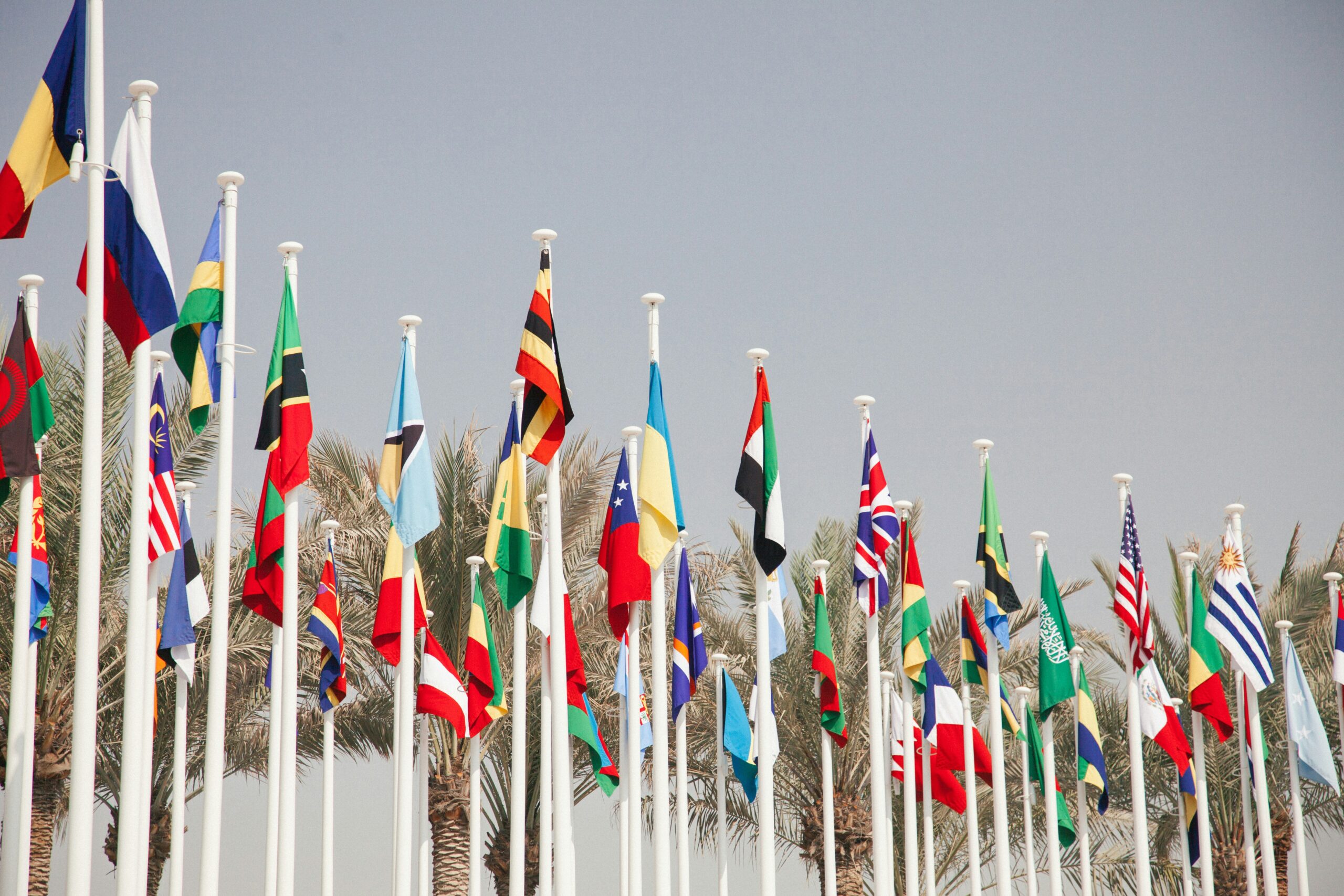
Government Leaders Discuss Economic Cooperation and Security at Bilateral Summit
Top government officials from two nations convened this week to address pressing issues related to economic cooperation and mutual security. The high-level discussions, held in a neutral location, focused on strengthening bilateral ties and identifying opportunities for future collaboration. Key areas of discussion included trade agreements, joint security initiatives, and strategies for promoting regional stability.
Key Facts
- The summit addressed economic cooperation and security.
- Discussions included trade agreements and security initiatives.
- Regional stability strategies were a focal point.
- Both nations expressed commitment to strengthening ties.
The leaders affirmed their commitment to fostering a stronger, more resilient partnership. Specific agreements are expected to be formalized in the coming weeks following further consultations.
Background
The bilateral summit provided a crucial platform for addressing shared challenges and opportunities. Discussions on economic cooperation aimed to reduce trade barriers, promote investment, and stimulate economic growth in both countries. These efforts are designed to create a more favorable environment for businesses and to enhance the overall prosperity of the nations involved.
Discussions on trade agreements included the potential for tariff reductions and the harmonization of regulations. The leaders explored avenues for streamlining customs procedures and facilitating the cross-border movement of goods and services. The specific details of these potential agreements were not disclosed, but both sides expressed optimism about reaching mutually beneficial terms.
Joint security initiatives were another critical component of the summit. The leaders discussed ways to enhance cooperation in combating terrorism, cybercrime, and other transnational threats. This included the sharing of intelligence, joint training exercises, and coordinated border security measures. The aim is to create a safer and more secure environment for citizens and businesses in both countries.
Strategies for promoting regional stability were also a key focus of the discussions. The leaders exchanged views on various regional conflicts and potential solutions. They emphasized the importance of diplomacy and peaceful conflict resolution. Both nations reaffirmed their commitment to working together to address regional challenges and to promote stability and prosperity in the broader region.
Timeline / What We Know
The summit took place this week. The specific dates were not provided in the source.
Discussions focused on the following areas:
- Economic Cooperation: Leaders discussed ways to reduce trade barriers, promote investment, and stimulate economic growth.
- Trade Agreements: Potential tariff reductions and harmonization of regulations were explored.
- Joint Security Initiatives: Cooperation in combating terrorism, cybercrime, and transnational threats was addressed.
- Regional Stability: Strategies for addressing regional conflicts and promoting peaceful resolutions were discussed.
Official Reactions
Both nations expressed a strong commitment to strengthening bilateral ties and fostering a more resilient partnership. The leaders emphasized the importance of continued dialogue and collaboration to address shared challenges and to promote mutual prosperity.
Statements from government officials highlighted the positive atmosphere of the summit and the progress made in key areas. Both sides expressed optimism about the future of the relationship and reaffirmed their commitment to working together to achieve common goals. Details about the specific statements were not included in the source.
The source did not specify any dissenting opinions or criticisms of the summit.
What’s Next
In the coming weeks, further consultations will take place to formalize specific agreements. These agreements are expected to cover various aspects of economic cooperation, security, and regional stability. The exact timeline for finalizing these agreements was not specified in the source.
Possible scenarios following the summit include:
- Scenario 1: Successful formalization of agreements leading to increased trade, enhanced security cooperation, and improved regional stability. This scenario would involve the implementation of specific measures outlined during the summit, such as tariff reductions, joint training exercises, and coordinated diplomatic efforts.
- Scenario 2: Delays in formalizing agreements due to unforeseen challenges or disagreements. This scenario could result in a slower pace of progress and could require further negotiations to resolve outstanding issues.
- Scenario 3: Partial implementation of agreements, with some areas of cooperation moving forward while others remain unresolved. This scenario could lead to a mixed outcome, with some positive developments but also continued challenges in certain areas.
Without further details, it remains unclear exactly how quickly these agreements will be implemented or what specific challenges may arise. However, both nations have expressed a strong commitment to moving forward and to realizing the full potential of their partnership. For more information on international trade agreements, you can visit the World Trade Organization website.
This bilateral summit builds upon previous discussions and agreements between the two nations. To learn more about past collaborations, see this article.